China Downstream: The Tentacles of Indonesia’s Nickel Oligarchy, Part 2
By Project Multatuli & Viriya Singgih, February 2, 2024
Part 1 Part 2 Part 3 Part 4 Part 5
1. PT Vale Indonesia
Nickel Concession CnC: 118,017 hectares
Operational areas: South Sulawesi, Southeast Sulawesi, and Central Sulawesi
Nickel resources: 300 million tons
Nickel ore production: 11.55 million tons (2022)
The footprint of this company in Indonesia dates back about a century, pre-dating independence. It all began when the International Nickel Company of Canada (Inco) conducted nickel exploration on the island of Sulawesi, then known as Celebes, in the 1920s.

https://projectmultatuli.org/cina-di-hilir-gurita-oligarki-nikel-indonesia/
At that time, the demand for nickel surged to meet the needs of stainless steel and automobile production in the Western world, following a lull after the end of World War I when nickel was extensively used in making various weapons and military vehicles.
In 1937, an Inco geologist named H.R. Elves came to Sulawesi to study nickel laterite deposits. Subsequently, Inco explored the possibility of cooperation with Mijnbouw Maatschappij Celebes (MMC), a subsidiary of the private mining company Billiton Maatschappij, which had obtained permits from the Dutch East Indies Government to mine nickel, iron, cobalt, and other minerals in Sulawesi.
However, the idea of cooperation evaporated after the outbreak of World War II in 1939, and the Japanese occupation of Indonesia in early 1942. Japan took over MMC’s operations, and proceeded to exploit nickel to meet its wartime needs.
After Indonesia’s declaration of independence in 1945, the Sukarno government restructured mining policies. The government revoked mining permits issued by the Dutch East Indies administration and nationalized various Dutch private mining companies in the country.
President Sukarno also closed the door to foreign investment and preferred to build national mining industries independently, albeit with difficulties due to limited capital, expertise, production facilities, and technology.
Everything changed after Suharto took over effective control in March 1966. Through the Foreign Investment Law in January 1967, Indonesia opened the door to foreign investment in the mining sector using agreements known as Contracts of Work.
Four months later, an open tender was held for foreign companies to mine nickel in Sulawesi. Several companies made offers, including Société Le Nickel from France, Sumitomo Metal Mining from Japan, and Inco from Canada.
Inco emerged as the tender winner. It established a local entity, PT International Nickel Indonesia or PT Inco, which signed a Contract of Work with the government on July 27, 1968. PT Inco was granted mining rights over 6.6 million hectares in eastern and southeastern Sulawesi for 30 years from the start of commercial production.
Because commercial production only began in 1978, PT Inco was entitled to mine until 2008. However, in 1996, PT Inco and the government agreed to extend the duration of the Contract of Work until December 28, 2025, with several adjustments to rights and obligations. One of which was the reduction of the company’s concession to 218,530 hectares covering South, Southeast, and Central Sulawesi.
In 2010, PT Inco returned some of its concession areas in Southeast Sulawesi to the government, reducing its operating area to 190,509 hectares.
When the Contract of Work was signed in 1968, Canada’s Inco owned 98% of PT Inco’s shares, while the remaining 2% were divided among five Japanese companies: Shimura Kako, Tokyo Nickel, Mitsui & Co, Nissho Iwai Corporation, and Sumitomo Corporation.
After the world nickel price plummeted in 1985-1986, Inco sold 20% of its shares in PT Inco to Sumitomo Metal Mining, another Japanese company, in 1988. Two years later, PT Inco sold back 20% of its shares to the public through the Indonesia Stock Exchange as a requirement for extending its operations in Indonesia.

https://news.mongabay.com/2014/08/what-lies-within-we-may-never-know-deforestation-threatening-sulawesis-unique-wildlife/
In 2006, Brazilian iron ore producer Companhia Vale do Rio Doce (CVRD) acquired Inco. CVRD then changed its name to Vale SA in 2009, followed by the renaming of Inco to Vale Canada in 2010 and PT Inco to PT Vale Indonesia in 2011.
Following the enactment of the Mineral and Coal Mining Law in 2009, the government sought to revise PT Vale Indonesia’s contract. Both parties signed an amendment to the Contract of Work in October 2014, reducing the company’s concession again to 118,017 hectares.
The company also had to divest another 20% of its shares to an Indonesian entity. This was realized in October 2020 when the mining SOE holding company PT Mineral Industri Indonesia (Mind ID) took over 14.9% of Vale Canada’s shares and 5.1% of Sumitomo Metal Mining’s shares in PT Vale Indonesia.
As of 2023, Vale Canada and Vale Japan controlled 43.79% and 0.54% of PT Vale Indonesia’s shares, while Sumitomo Metal Mining owned 15.03% and Mind ID held 20%. The rest was owned by the public through the Indonesia Stock Exchange.
However, this arrangement is set to change. In November 2023, Vale Canada, Sumitomo Metal Mining, and Mind ID signed a preliminary agreement (HoA) to increase Mind ID’s share and extend PT Vale Indonesia’s operating permit for 20 years after the end of the Contract of Work in December 2025.
If all goes according to plan, Mind ID will control 34% of PT Vale Indonesia’s shares, while the ownership of Vale Canada and Sumitomo Metal Mining will decrease to 33.9% and 11.5%, respectively. The public will hold the remainder.
Despite several changes, PT Vale Indonesia’s concession remains the largest concession holder compared to other nickel miners in Indonesia. The details are: 70,566 hectares in Sorowako (South Sulawesi); 22,699 hectares in Bahodopi (Central Sulawesi); 20,286 hectares in Pomalaa and 4,466 hectares in Suasua (Southeast Sulawesi).

https://projectmultatuli.org/cina-di-hilir-gurita-oligarki-nikel-indonesia/
However, PT Vale Indonesia only controls nickel resources amounting to 300 million tons, less than a quarter of the nickel resources owned by the SOE PT Aneka Tambang, which reached 1.31 billion tons with a concession area of 81,424.5 hectares.
Throughout 2022, PT Vale Indonesia mined 11.55 million tons of nickel ore, which was then processed into 60,090 tons of nickel matte—a semi-finished product that can be used to produce alloy steel, raw materials for electric vehicle batteries, and others.
Through long-term contracts, PT Vale Indonesia sells 80% of its entire nickel matte production annually to Vale Canada, and the remaining 20% to Sumitomo Metal Mining.
All mining and processing activities of the company are carried out on a 7,000-hectare site in Sorowako. This means that after operating for more than half a century in Sulawesi, the company only utilizes about 6% of its current concession area.
Amid criticism of the minimal utilization of concession land, and as the Contract of Work approaches its end, PT Vale Indonesia partnered with several collaborators in 2022 for the development of its operations.
Firstly, PT Vale Indonesia collaborated with two Chinese companies, Taiyuan Iron & Steel and Shandong Xinhai Technology, to start mining operations in the Bahodopi block, and build a new pyrometallurgical plant with RKEF technology in Sambalagi Village—both located in Morowali, Central Sulawesi.
This smelter is expected to start operating in 2025 with an annual production capacity of at least 73,000 tons of nickel in ferro-nickel. The total value of this project reaches $2.6 billion.
The Morowali project will be managed by PT Bahodopi Nickel Smelting Indonesia (BNSI). Taiyuan Iron & Steel, a subsidiary of the Chinese SOE Baowu Steel Group, and Shandong Xinhai Technology plan to establish a joint venture company in Singapore, which will control 51% of PT BNSI’s shares. PT Vale Indonesia will hold the remaining 49%.
Also in 2022, PT Vale Indonesia signed a cooperation agreement with the electric vehicle battery raw material producer Zhejiang Huayou Cobalt, a subsidiary of Huayou Holding Group from China, and the American automaker Ford Motor for the development of nickel mining and smelting operations in Pomalaa with an investment value of $3.84 billion. This project is expected to be completed by 2025, and will be managed by the joint venture company PT Kolaka Nickel Indonesia (KNI).
Initially, PT Vale Indonesia will hold 18.3% of PT KNI’s shares. Huaqi, Zhejiang Huayou Cobalt’s Singaporean subsidiary, will control 73.2%, and Ford Motor will hold 8.5%. In this collaboration, PT Vale Indonesia and Ford Motor have the option to increase their shareholdings to 30% and 17%, respectively.
The plan is for PT Vale Indonesia to mine and supply nickel ore from the Pomalaa block to the HPAL hydrometallurgical plant built by Huaqi. Each year, the plant will produce 120,000 tons of nickel in the form of mixed hydroxide precipitate (MHP)—raw materials for electric vehicle batteries. Of these, 84,000 tons will be delivered to Ford Motor.
The integrated nickel mining and processing projects in Morowali and Pomalaa have been listed as National Strategic Projects (PSN) since July 2022.
Furthermore, PT Vale Indonesia has partnered with Zhejiang Huayou Cobalt to develop mining operations in the Sorowako block, and build another HPAL nickel smelter in Malili, East Luwu, South Sulawesi.
Zhejiang Huayou Cobalt has established a local entity, PT Huali Nickel Indonesia, to participate in the project, which will cost $2 billion. The smelter is expected to be operating in 2026 with a production capacity of 60,000 tons of nickel, and 5,000 tons of cobalt in MHP per year.
The two collaboration projects of PT Vale Indonesia with Zhejiang Huayou Cobalt further strengthen Huayou Group’s position in Indonesia’s nickel processing industry.
Zhejiang Huayou Cobalt is a core company in the Huayou Group. It invests in mining and processing projects for natural resources, including nickel, cobalt, copper, and lithium, to produce and sell raw materials for electric vehicle batteries, energy storage installations, electronic products, and others related products.
For example, Zhejiang Huayou Cobalt has developed cobalt and copper mining and processing operations in Congo, lithium in Zimbabwe, and of course nickel in Indonesia. Its products are then further processed, including being made into cathode materials supplied to global battery companies such as Contemporary Amperex Technology (CATL) and LG Energy Solution, as well as being used in lithium-ion batteries by smartphone manufacturers like Samsung, Apple, and Huawei.
Huayou now indirectly controls 7.55% of PT Merdeka Battery Materials’ shares, the majority shareholder of PT Sulawesi Cahaya Mineral, which holds a nickel mining concession area of 21,100 hectares in Konawe, Southeast Sulawesi.
PT Merdeka Battery Materials is a subsidiary of PT Merdeka Copper Gold, a local mining company jointly owned by several conglomerates, including Garibaldi “Boy” Thohir (brother of Minister for State Enterprises Mr. Erick Thohir), Edwin Soeryadjaya, Sandiaga Uno, and Winato Kartono. CATL also holds 5% of PT Merdeka Copper Gold’s shares through Hong Kong Brunp and Catl.
Huayou also indirectly controls 24% of PT Indonesia Weda Bay Industrial Park (IWIP), the manager of the Weda Bay Industrial Zone in Central Halmahera, in North Maluku province, with an area of about 5,000 hectares as of 2022. Tsingshan Holding Group, a Chinese stainless steel producer, indirectly controls 46% of PT IWIP’s shares.
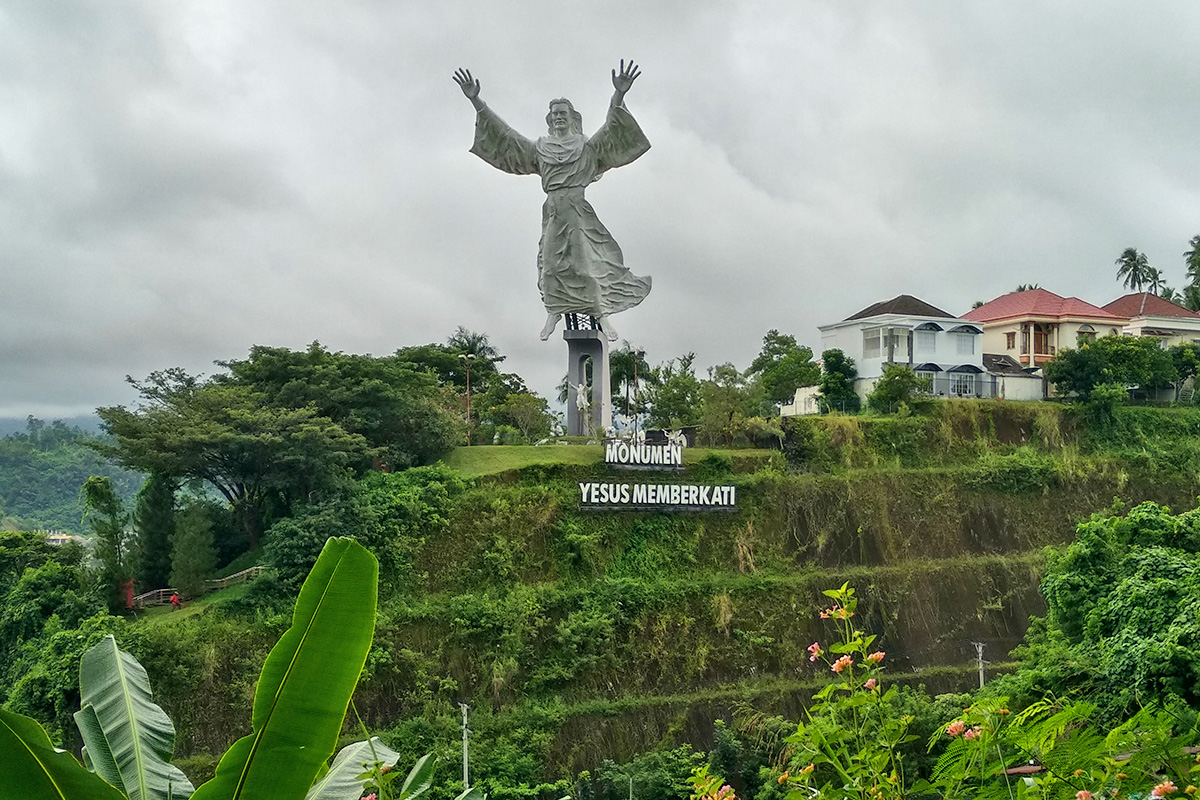
https://www.ganggaisland.com/news/5-of-the-most-picturesque-places-in-north-sulawesi/
A Huayou subsidiary with a 24% stake, Veinstone Investment, holds 90% of PT Weda Bay Energi’s shares, which operates a 250-megawatt coal-fired power plant in the PT IWIP area. Meanwhile, 10% of PT Weda Bay Energi’s shares are held by PT Daya Listrindo Utama, a part of the Aserra Group controlled by the trio of entrepreneurs Zainal Abidinsyah Siregar, Irawan Sastrotanojo, and Erwin Sutanto.
Huayou has also developed two nickel processing plants in the PT IWIP industrial area through two joint venture companies: PT Huafei Nickel Cobalt and PT Huake Nickel Indonesia.
As of the end of 2023, Huayou indirectly controls 53% of PT Huafei’s shares, which is building an HPAL smelter with an annual production capacity of 120,000 tons of nickel and 15,000 tons of cobalt in MHP. Tsingshan’s subsidiary controls 30%, and Eve Energy, a Chinese electric vehicle battery manufacturer, holds 17% of PT Huafei’s shares.
Meanwhile, Huayou and Tsingshan each indirectly control 70% and 30% of PT Huake’s shares, respectively, which operates an RKEF smelter in the PT IWIP area with a production capacity of 45,000 tons of nickel matte per year. The plant has been operating since 2022.
Tsingshan has been partnered with the Bintangdelapan Group since 2013 to build the Morowali Industrial Zone in Central Sulawesi with an area of about 4,000 hectares as of 2022. This area is managed by PT Indonesia Morowali Industrial Park (IMIP).
In the PT IMIP area, Huayou has another smelter, claimed to be the largest HPAL project in the world. This smelter is managed by the joint venture company PT Huayue Nickel Cobalt.
As of 2023, Huayou indirectly controls 57% of PT Huayue’s shares, Tsingshan controls 10%, and CMOC Group, a Chinese tungsten and molybdenum metal producer, controls 30%. It’s worth noting that Tsingshan plans to sell 10% of its shares in PT Huayue to Nickel Industries, an Australian mining company.
Beyond all of this, Huayou is preparing to build the Pomalaa Industrial Zone in Kolaka, Southeast Sulawesi, with a planned land area of up to 11,808 hectares. This area, which will be managed by PT Indonesia Pomalaa Industry Park (IPIP), has been listed as a National Strategic Project since December 2022.
In 2023, PT IPIP was still grappling with land clearance issues because the industrial zone area overlaps with forest areas, community land, other company business licenses, and state assets.
However, given the status of this area as a National Strategic Project, the government fully supports its development and aims for the industrial zone to be operational in the first quarter of 2024.
Moreover, the area is expected to attract initial investments of up to $10 billion from its tenants, who plan to build RKEF and HPAL nickel smelters, solar, water, and gas power plants, battery recycling facilities, and more.
The HPAL smelter in question will be managed by PT KNI and is part of the project/s by PT Vale Indonesia, Zhejiang Huayou Cobalt, and Ford Motor mentioned earlier. Therefore, Huayou’s cooperation with PT Vale Indonesia is crucial as the latter can guarantee the supply of nickel ore from its mines in the Pomalaa block.
Further, Huayou claims it can obtain other supplies from 29 concessions in Malili, South Sulawesi, and 14 concessions on Kabaena Island, Southeast Sulawesi.
As of 2023, Huayou owns 70% of PT IPIP’s shares through its subsidiary Huaxing Nickel. The remaining 30% is controlled by PT Rimau New World, a joint venture company jointly owned by PT New World Nickel and PT Rimau Multi Investama.
A Chinese investor named Huang Yeping owns PT New World Nickel. He also owns several other companies in Indonesia, including PT Wan Xiang New World Resources and PT Wan Xiang New World Nickel, which transport and sell minerals and coal.
Meanwhile, PT Rimau Multi Investama is part of the Rimau Group owned by businessman Antonio Yatmiko. Rimau Group subsidiaries operate in coal mining, transportation, and sales, with concession areas of at least 6,000 hectares on Kalimantan Island.
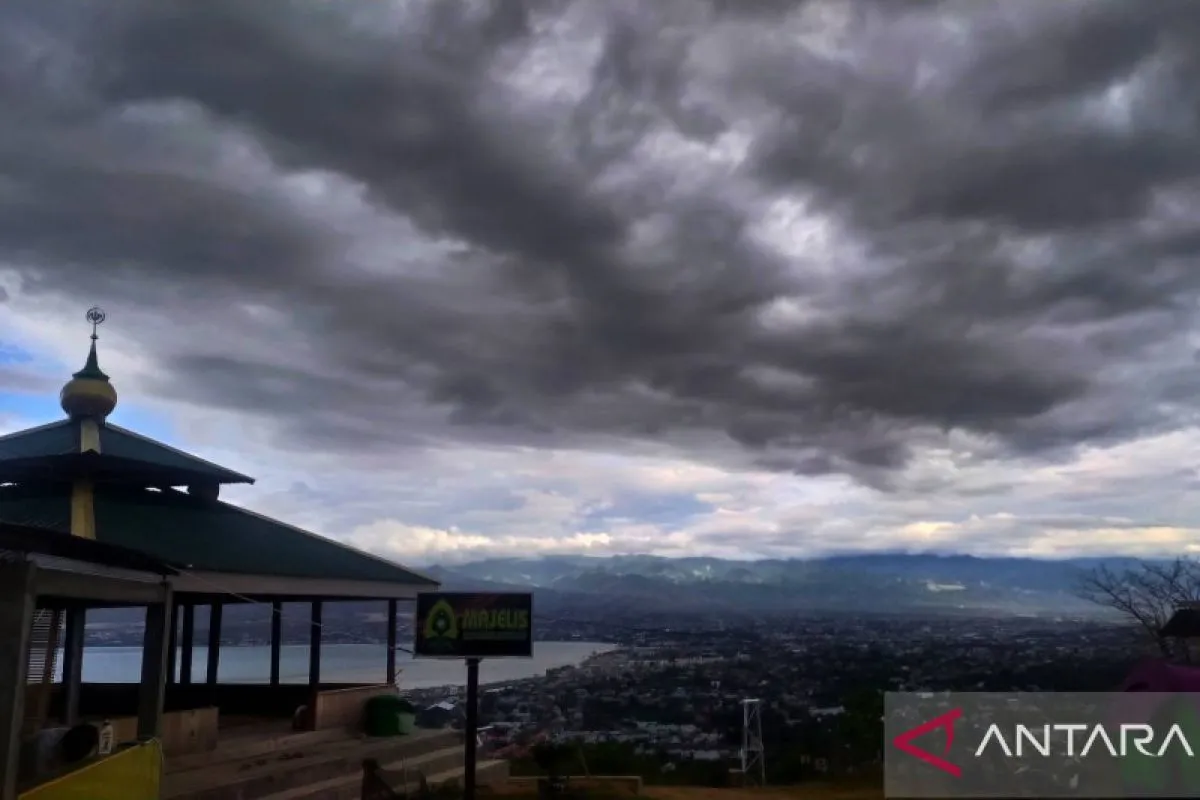
https://www.antaranews.com/berita/2755829/stamet-palu-badai-la-nina-di-sulteng-berlangsung-hingga-akhir-maret
Part 1 Part 2 Part 3 Part 4 Part 5
This article is based on https://projectmultatuli.org/cina-di-hilir-gurita-oligarki-nikel-indonesia/.
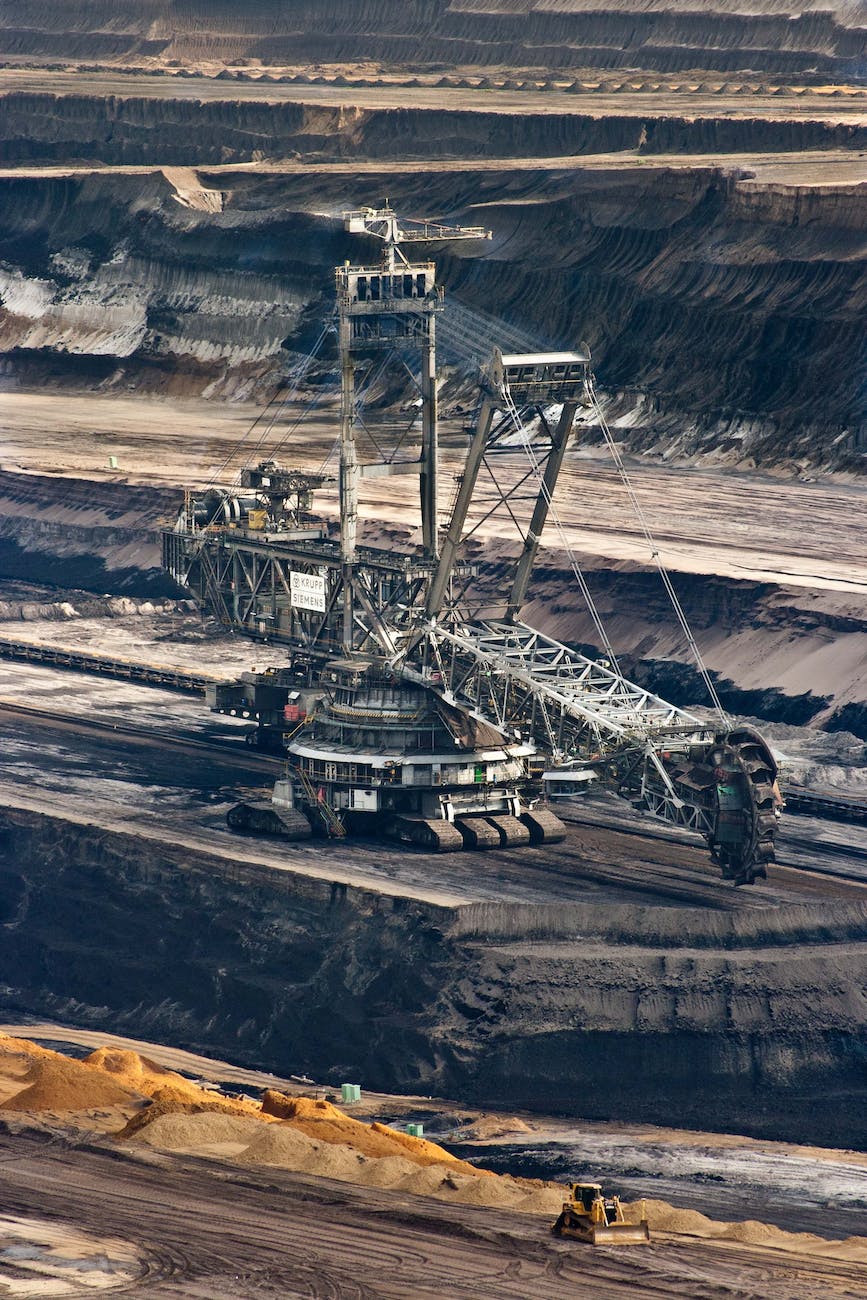
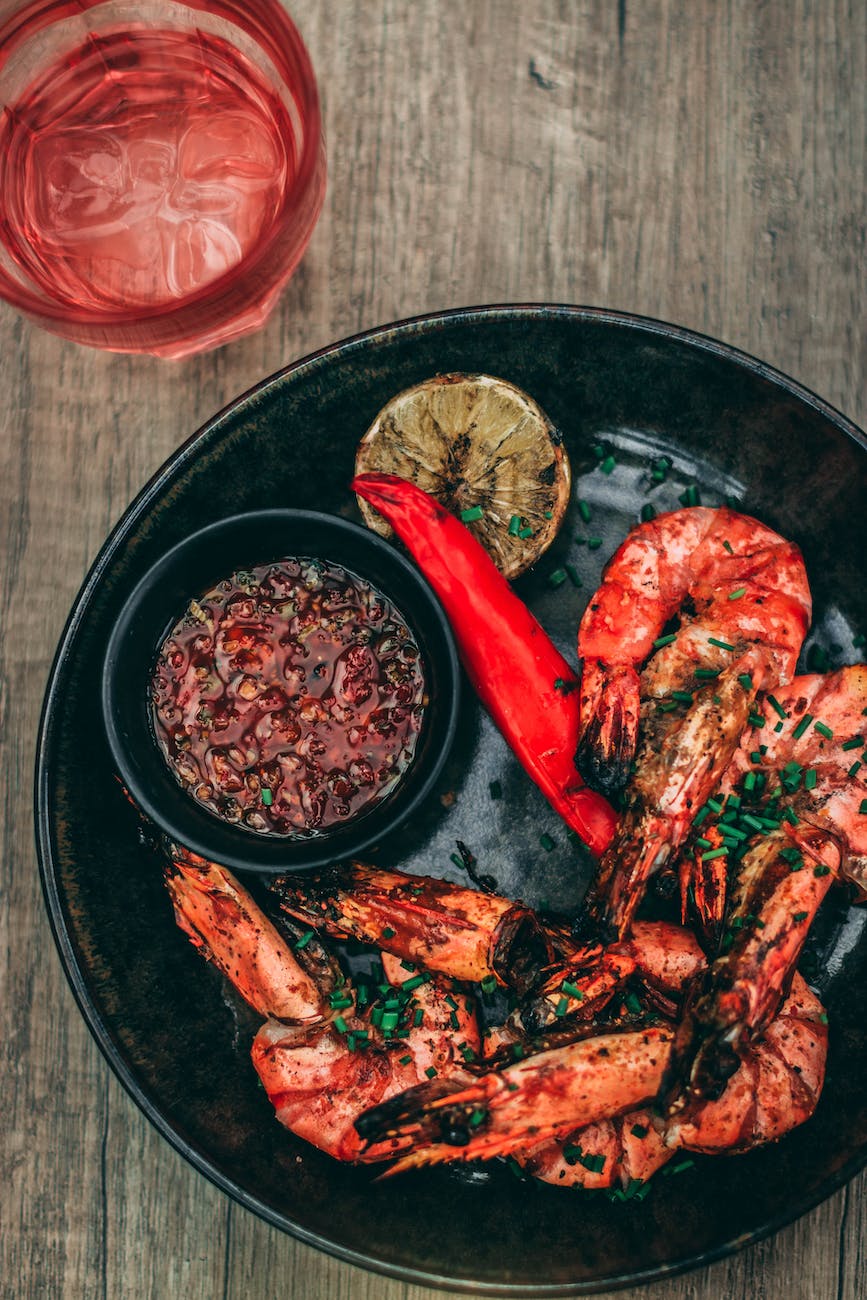
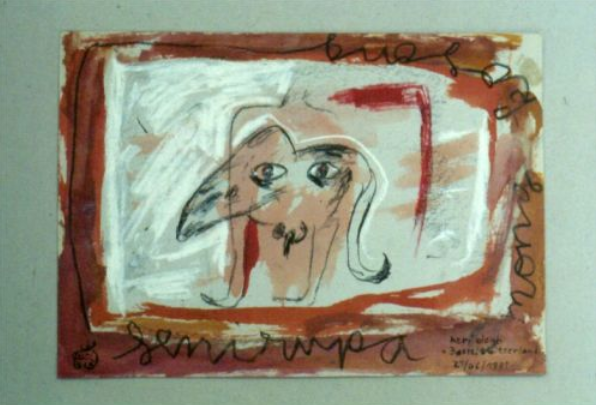
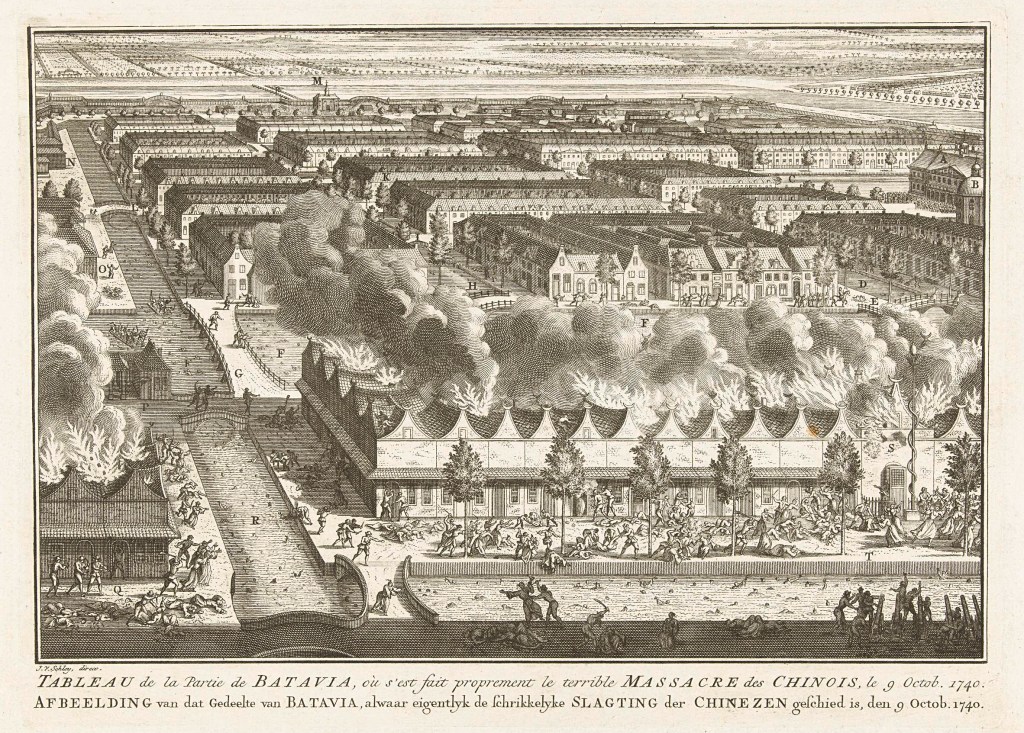
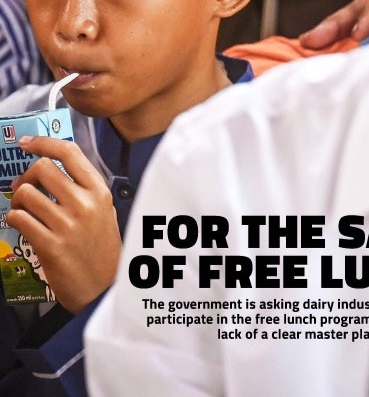
Leave a Reply